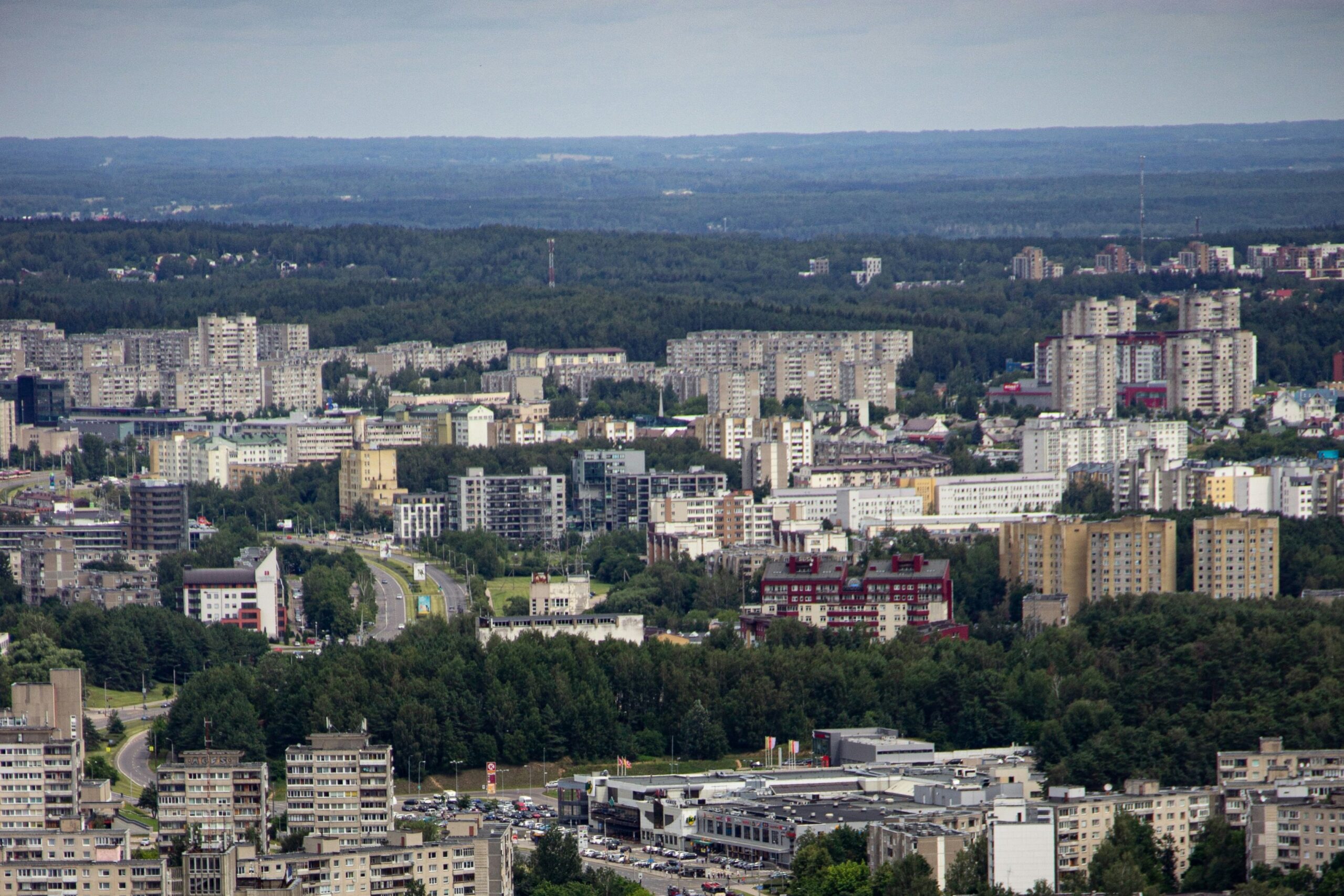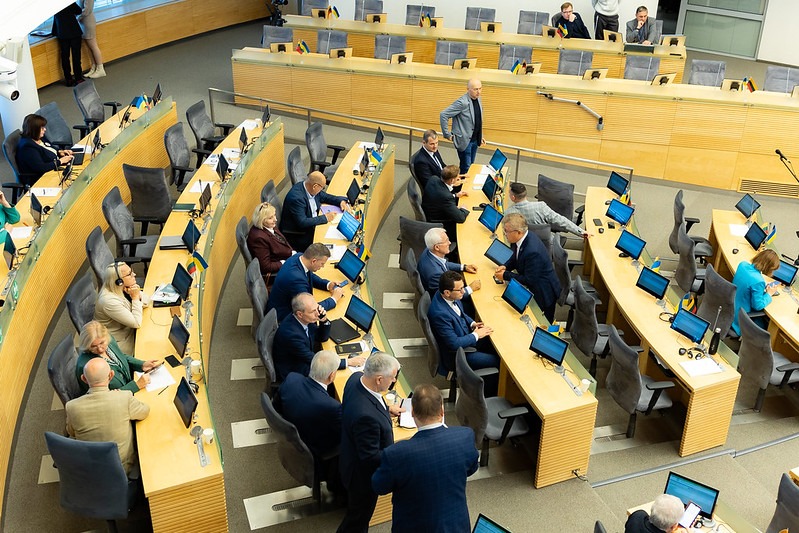Reports
Lithuania Monthly: Real Estate Tax Protest Becomes a Tool for Kremlin's Disinformation
A protest against Lithuania’s new real estate tax in April became a lightning rod for Kremlin-aligned media, which framed the demonstration as a sign of civil unrest and government collapse. Originally aimed at aligning with Western fiscal norms, the policy sparked public backlash - now amplified by narratives of corruption, conspiracy, and social injustice. Disinformation actors portrayed the protest as a grassroots revolt against a failing system, using emotionally charged slogans, fabricated links to unrelated events, and high-profile influencers to erode trust in the Lithuanian government and democratic institutions.
Read moreLithuania Weekly: Kremlin-Aligned Media Targets Lithuanian Leadership
This past week, Kremlin-aligned outlets seized on a protest in Vilnius against the proposed real estate tax, using it as a platform for conspiracy theories and anti-government rhetoric. Alongside slogans portraying the tax as an attack on ordinary citizens, commentary amplified the coincidental timing of a fire at a nearby waste facility, suggesting it was a deliberate attempt to suppress protest turnout. The tax itself was framed as a corrupt scheme by political elites, furthering narratives aimed at eroding trust in Lithuania’s leadership and democratic institutions.
Read moreLithuania Weekly: Protest Against the Planned Real Estate Tax
This past week, Kremlin-aligned outlets seized on a protest in Vilnius against the proposed real estate tax, using it as a platform for conspiracy theories and anti-government rhetoric. Alongside slogans portraying the tax as an attack on ordinary citizens, commentary amplified the coincidental timing of a fire at a nearby waste facility, suggesting it was a deliberate attempt to suppress protest turnout. The tax itself was framed as a corrupt scheme by political elites, furthering narratives aimed at eroding trust in Lithuania’s leadership and democratic institutions.
Read moreLithuania Monthly: Kremlin Narratives Exploit Protests to Undermine Democracy
Throughout November 2024, Kremlin-aligned media in Lithuania amplified anti-government narratives, tying them to recent parliamentary election results and protests. These outlets framed events as evidence of systemic instability and exploited them to spread disinformation, fostering division and undermining democratic institutions.
Read moreShowing 1 to 4 of 9 results
Don't miss a story.
We publish stories that change laws, lives, minds and the world. Subscribe to our newsletter to get our investigations delivered to your inbox.


